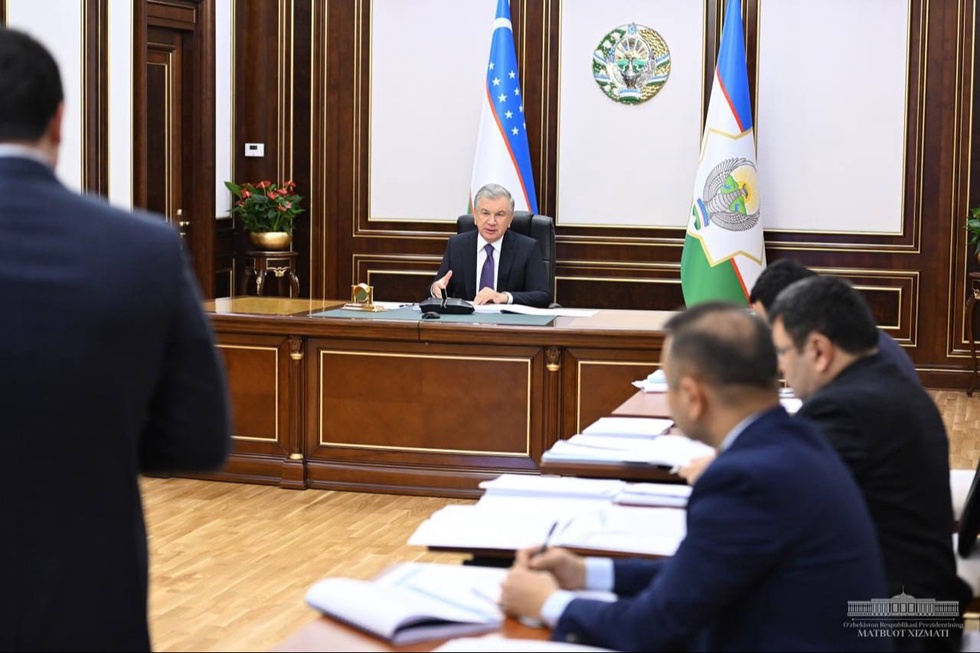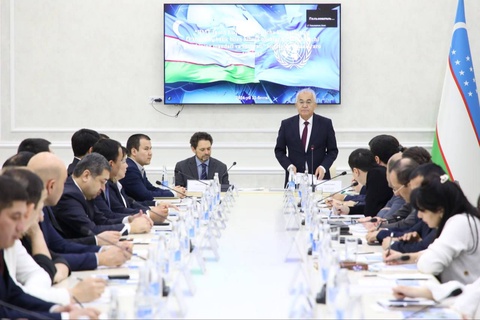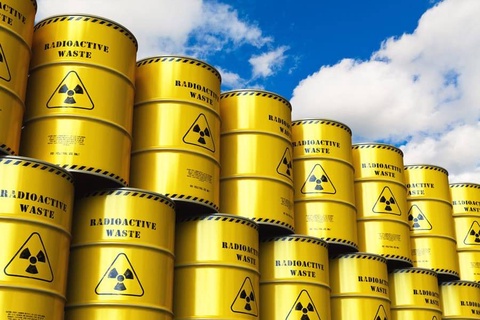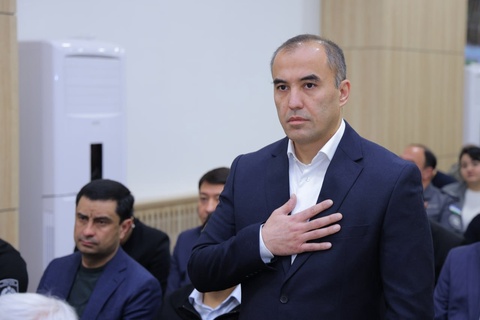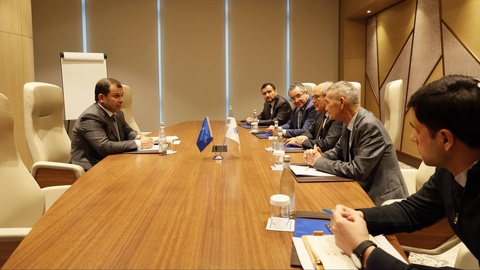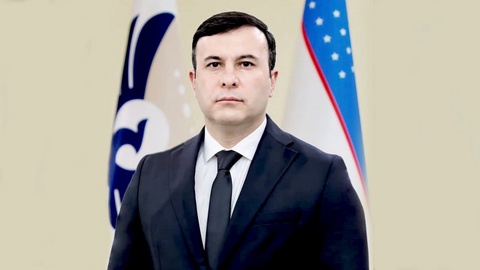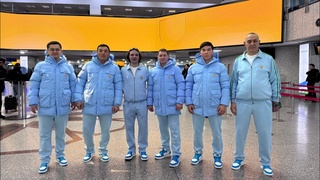It was noted that more than $22 billion of foreign investment was attracted last year, which is 1.8 times more than the previous year.
Analyzing the work carried out, the Head of state emphasized the importance of increasing the volume of foreign investment this year. At the same time, the primary attention was assigned to electrical engineering, mechanical engineering, the building materials industry, pharmaceuticals, textile, and leather industries.
The importance of targeted work with large investors, strengthening economic diplomacy, and the participation of diplomatic missions abroad in attracting investments was emphasized.
The need for widespread use of special zones in the regions and opportunities for industrial cooperation in implementing new investment projects to create added value chains was noted. When resolving investment issues, heads of industries and regions must interact closely with industries, strive to diversify the regional economy, and create more new jobs.
The issues of effective and timely use of funds from international financial institutions were touched upon, and the need to prioritize these funds for social, infrastructure, and water projects was noted.
The need to intensify the attraction of grants this year was also emphasized, and the task was set to enhance cooperation with foreign and international organizations in ecology, environmental protection, healthcare, higher education, science, and innovation.
Issues regarding the development of green energy were also discussed at the meeting.
Currently, work continues in Uzbekistan on 28 projects based on public-private partnerships for the construction of solar, wind, and hybrid power plants with a total capacity of 6.3 gigawatts. Of these, the first capacities were launched in 2023 within 7 projects totaling 2.6 gigawatts.
In particular, at a ceremony with the participation of the Head of state on December 27 last year, the power of five solar photovoltaic stations in Samarkand, Jizzakh, Surkhandarya, Bukhara, and Kashkadarya regions, as well as a wind power plant in Navoi region, were connected to the network.
Work is underway on 12 projects to build green stations and energy storage systems with companies from Saudi Arabia, the UAE, China, France, and Switzerland.
At today’s meeting, the tasks for the full completion in 2024 of projects that began last year and plans for creating new green generation capacities in the coming years were discussed.
In particular, in 2024, it is planned to increase the total capacity of solar power plants to 2.6 gigawatts, wind farms to 900 megawatts, and launch energy storage devices with a capacity of 400 megawatts.
To ensure the stable operation of the electrical power system, taking into account the growing share of intermittent power generation capacities, the Head of state ordered the development of a concept for the improvement of electrical networks. The task was set to determine measures to modernize existing networks, construct new substations and transmission lines, introduce modern automated safety systems and digital control systems (SCADA/EMS), and increase the share of reserve capacities and energy storage systems.
Issues of increasing foreign direct investment in the energy sector were raised at the meeting.
For targeted work purposes and to expand investment cooperation with key foreign partners who are significant investors in the country’s energy industry, the Ministry of Energy was instructed to improve its activities in this direction.
Instructions were given to study the possibility of introducing, based on international experience, agrovoltaics – the practice of installing solar panels by agricultural producers on their fields to produce energy for their own needs or sale, and also to make specific proposals to support this area.


